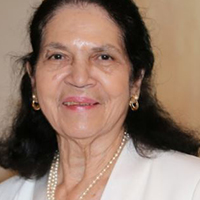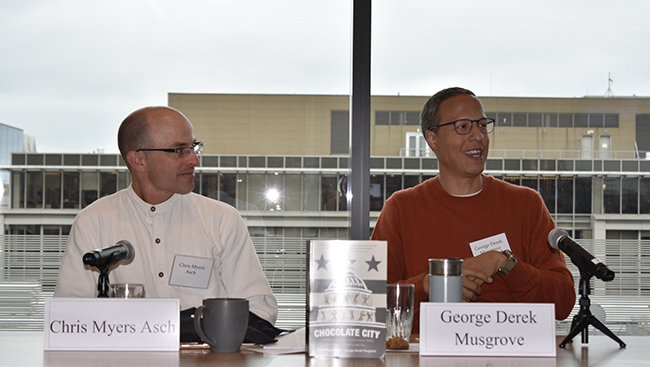Attorneys Tackle Self-Care at BADC’s Neglect and Delinquency Practice Institute
October 07, 2019
The need for self-care for attorneys to deal with the stress of child abuse and neglect cases was a persistent talking point at the Bar Association of the District of Columbia’s (BADC) Neglect and Delinquency Practice Institute on September 23 to 24, cosponsored by the D.C. Bar Communities.
In her keynote address, Kim Daulton of the Children’s Law Center asked attendees 10 work-related questions, including: Have you unwittingly assumed a caregiving role for a client? Do you consider yourself empathic? Have you been exposed to any traumatic situations in the course of representing a client? According to Daulton, any attorney who answered “yes” to at least one of those questions was at risk of developing trauma-related stress responses.
Trauma-related stress responses are characterized by negative biological fluctuations such as rising levels of cortisol and norepinephrine, which can affect body weight, blood pressure, and sleep patterns as well as promote hypervigilance and eventually compassion fatigue.
“What you imagine can actually result in a demonstratable physical [response] inside your body even if you’d never been exposed to the trauma itself,” Daulton explained. “But just by hearing about it, seeing pictures of it as evidence, or having it played out during a trial is enough for your body to have physical responses.” In short, Daulton said, trauma “feels like your life is in danger.”
Warning signs of secondary exposure to trauma include feeling helpless and hopeless, feeling personally responsible for the outcome of the case to the client, and believing that the trauma will never end, Daulton said.
Jody Jose, a criminal law attorney and cochair of the program, shared his own story about being a social worker in a rape crisis center. “I was exposed to a great deal of trauma. But I believed that I had some magic box where I could store all the carnage that I became aware of through my clients. I naively believed that I was impervious to any negative impact of those stories,” Jose said. Now a lawyer, he noted that both professions can be mentally and emotionally taxing.
Jose’s coping mechanisms as a social worker seemed to work for him, until about five years ago when issues in his personal life nearly overwhelmed him. One stressor was the viability of his career. “I thought my career was disappearing about five years ago. There wasn’t a great deal of work. Making a living was important to me. I then became involved with the courts in domestic cases. There was a great deal of stress involved in those cases,” he said.
But Jose was wise enough to practice coping methods such as yoga, physical exercise, and meditation to help combat the stress. Nevertheless, he encouraged lawyers “to figure how to be most effective and most present for the work they need to do.”
“[Lawyers] need to practice self-care and be aware that they are exposed to an excessive amount of stress, especially those who work in family court,” Jose added.
The importance of wellness carried over to the session “Experiencing Secondary Trauma: Self-Care for Attorneys,” led by Carrie Tiller, a clinical social worker and therapist. Tiller talked about the ABCs of self-care — awareness, balance, and connection — and encouraged lawyers to engage in practical activities such as eating healthy, getting better sleep, exercising, and venturing outside to better appreciate natural environments.
Before the issue of self-care took center stage, public defense lawyer Hannah C. McElhinny led the session on cross-examination, stressing the importance of preparation — gathering all the necessary facts regarding the case, organizing them, and clearly defining the goals of the cross- examination. “Never think about winging it,” she advised.
McElhinny also recommended writing down the argument, taking inventory of the witness, using precise language, and opening and closing with a strong argument.
Other breakout sessions covered topics such as school discipline, communicating with clients under mental stress, practice tips for juvenile hearings, and implicit bias in juvenile and family court.





